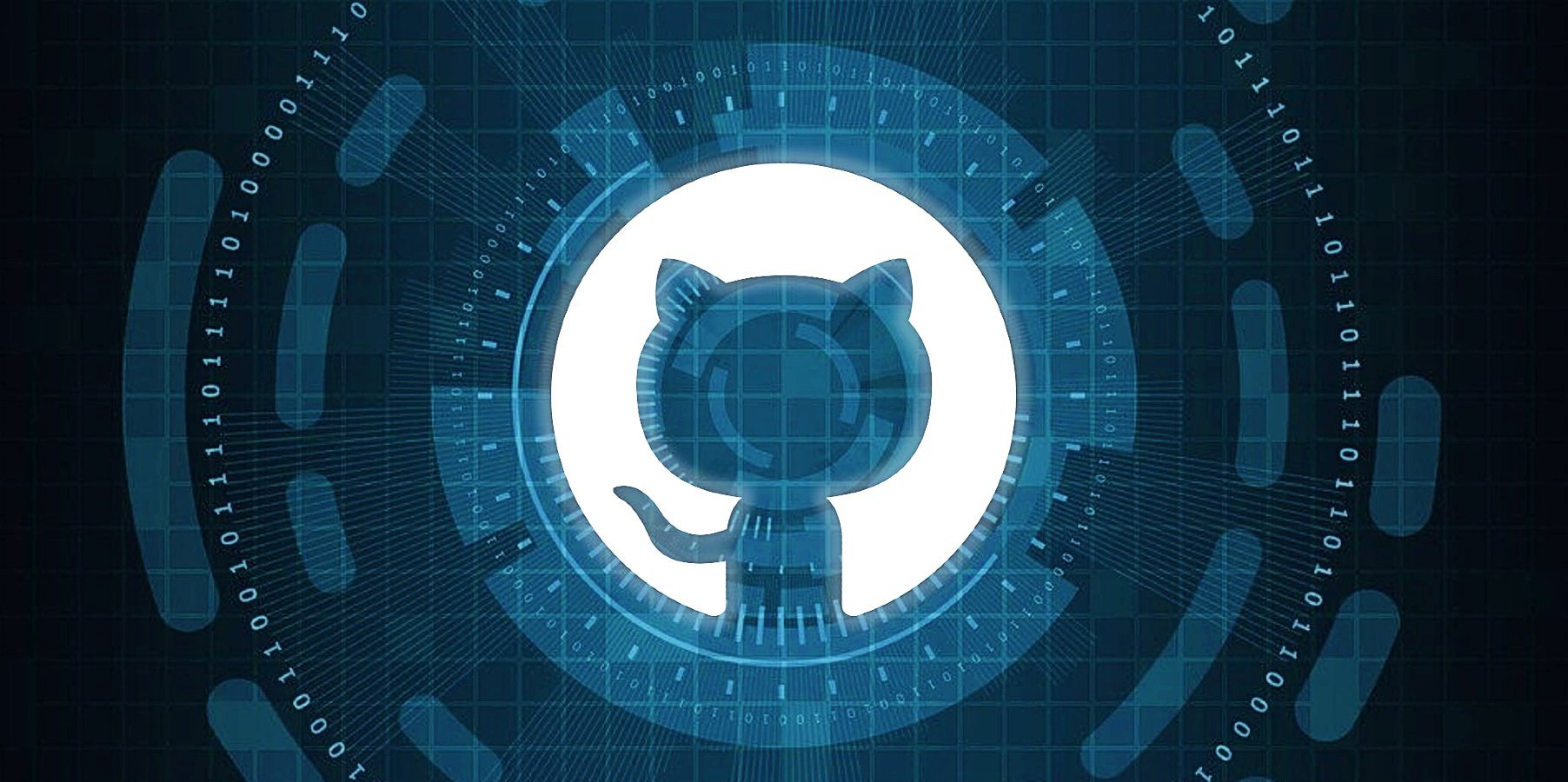I would like to get some clarification on FreeBSD driver licensing and what is permissible.
Lets say I want to contribute a driver for INA3221 under the most permissive license. BSD-2 clause.
What is the critera for looking at other licensed code. Is it allowed at all? No copying obviously.
Where does taint begin?
We have GPL-2.0 license source from TI:

 github.com
github.com
And BSD licensed source here:
Am I now legally tainted by looking at the GPL licensed code?
Lets say I want to contribute a driver for INA3221 under the most permissive license. BSD-2 clause.
What is the critera for looking at other licensed code. Is it allowed at all? No copying obviously.
Where does taint begin?
We have GPL-2.0 license source from TI:
linux/drivers/hwmon/ina3221.c at master · torvalds/linux
Linux kernel source tree. Contribute to torvalds/linux development by creating an account on GitHub.
And BSD licensed source here:
Am I now legally tainted by looking at the GPL licensed code?

